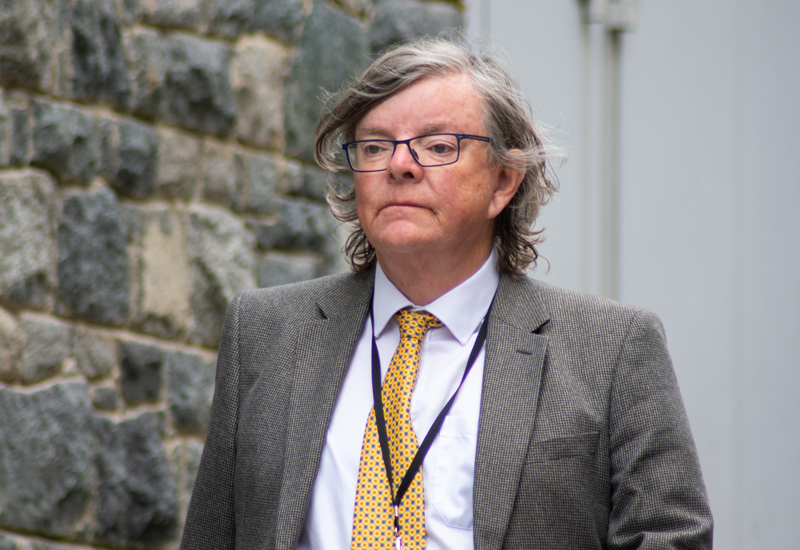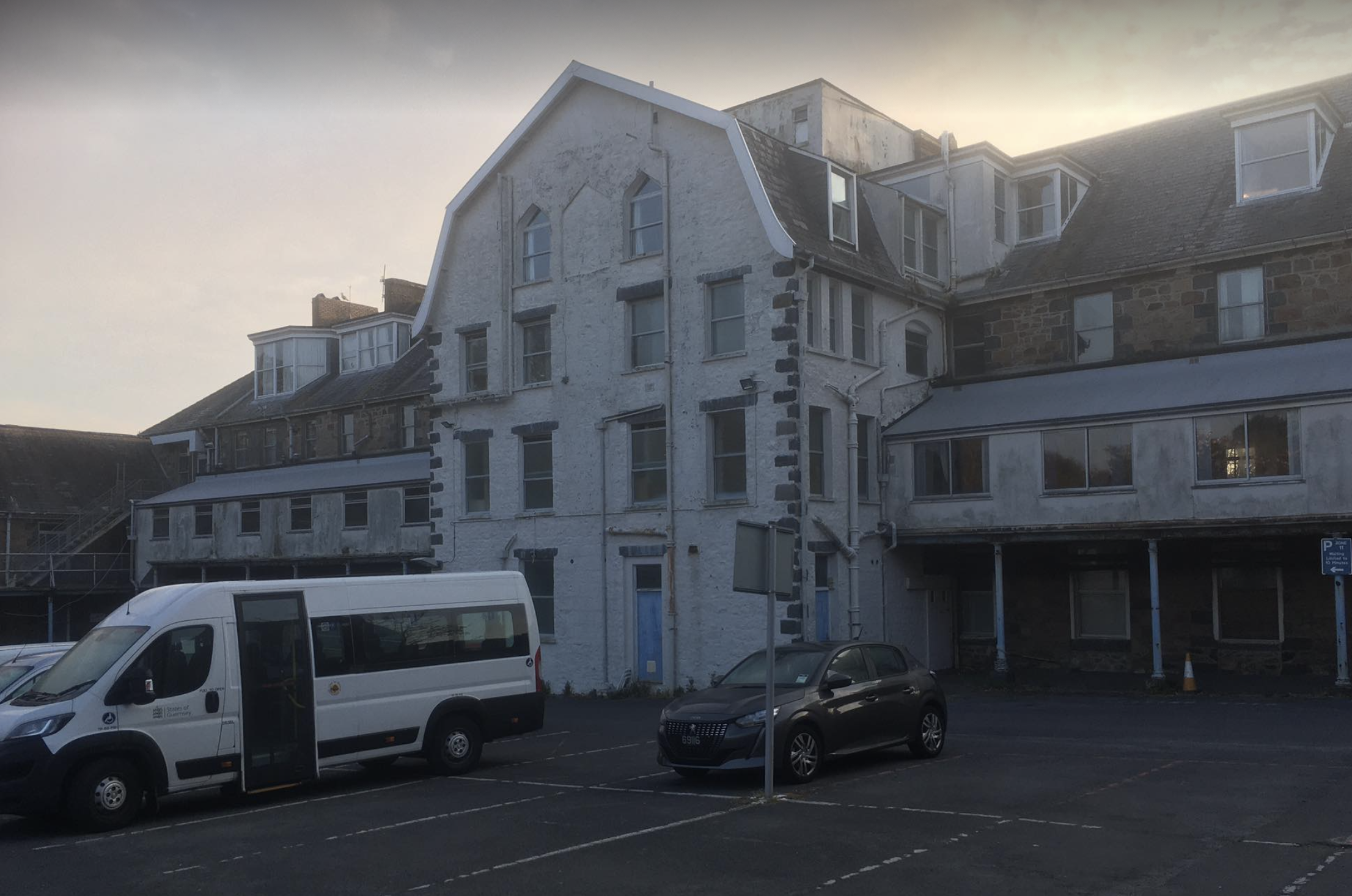


The States committee charged with stimulating growth in Guernsey's economy has dismissed the creation of an international university on the island, following the publication of an in-depth feasibility study that cost taxpayers £250,000.
The previous Economic Development Committee established a University Working Party and commissioned Oxentia - a global innovation consultancy with links to Oxford University - to study the cost, benefits and practical feasibility of the idea.
The study, as per its brief, identified "a potentially viable model for IUG" that its preliminary research suggested could, if successful, break even by year 8 of operation, deliver £26.3m of Gross Value Added by Year 10, plus other benefits to the local economy.
However, the total up-front investment required for the construction of facilities and accommodation was estimated at £103m, with further investment of around £30m during years 1-10.
Economic Development President Neil Inder says that pursuing the idea would amount to a "gamble" with public money. His committee has unanimously agreed not to take any action on the report.
"The Committee for Economic Development has carefully considered the feasibility report into an International University of Guernsey," he said.
"However, the Committee has concluded that due to the considerable capital investment that would be required by the States of Guernsey to take this project forward, it is not possible to progress this project at the current time."

Pictured: The development of International University Guernsey was championed by former Eco Dev President Charles Parkinson, who lost the presidential battle to Deputy Inder at the start of this States term.
The Oxentia Report identified a potential model for a "viable, unique and distinctive IUG – a small footprint, high impact institution".
It was predicated on close partnerships with a small number of credible international partner universities, delivering predominantly postgraduate, specialist courses that "build on the competitive advantages of Guernsey and trends in the global higher education sector."
Oxentia noted that pursuing the idea "will require long term and solid commitment by the States if it is to succeed."
"The number of students on the island would build up slowly to a maximum of circa 1500 students by Year 10 to allow for the building of a credible and sustainable enterprise, whist at the same time allowing for appropriate planning and integration with the island's communities and infrastructure. At the same time, IUG would employ up to 65 academics and 100 operational support staff.
"The model proposed would see the rotation of a cohort of international students across all the partner universities, including IUG, over the duration of their courses. This would mean that most students would spend no more than one year on Guernsey."

Pictured: The Castel Hospital has been mooted as a potential university campus for a number of years. It fell out of use when service users were transferred to the Oberlands Centre in 2015. Deputy Inder has previously said he would "level the site tomorrow" to help address Guernsey's housing shortage.
Preliminary financial analyses indicated that, based on the model presented, IUG "may break even" by Year 8 of operation.
"In return, IUG is estimated to have the potential to deliver £26.3 m ($35 m) of GVA by Year 10, as well as providing significant benefits to on-island businesses via access to high-calibre students, graduates and researchers, and Guernsey’s residents though the access to improved on-island infrastructures and social, cultural and educational facilities," said Oxentia.
The consultancy emphasised that discussions with potential partner universities "indicated strong interest" in engaging with IUG and working together to develop a "new and bespoke institute that meets the needs of the States and the marketplace."
It concluded that: "The investment case should now be considered on the basis of economic and social value and in the light of relative value compared with potentially competing investment opportunities."
With money scarce and other, approved priorities in the Government Work Plan, members of the Committee for Economic Development decided that there "was no case to take the project forward."
"Although the report identified potential economic benefits the project would also require considerable capital investment from the States of Guernsey, that risk sitting squarely in the lap of the Guernsey taxpayer," the Committee said in a statement.
"The Committee is not in the business of gambling with taxpayers' money. The project has not been identified as a priority by the Assembly in the Government Work Plan."
The Oxtentia Report can be read in FULL HERE.
Comments
Comments on this story express the views of the commentator only, not Bailiwick Publishing. We are unable to guarantee the accuracy of any of those comments.